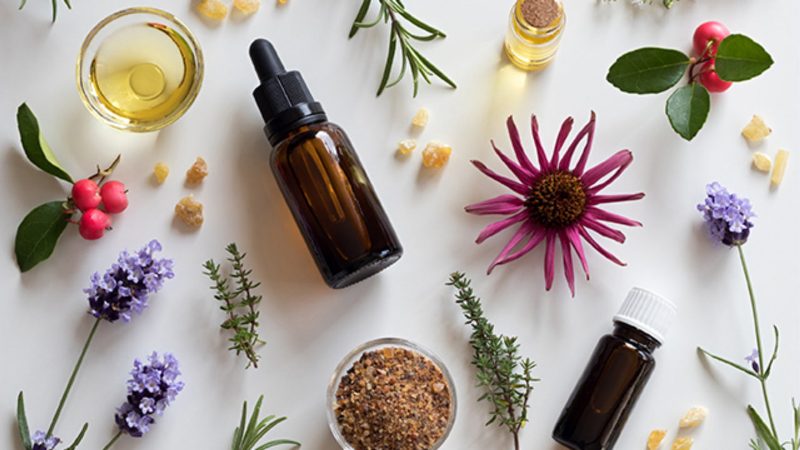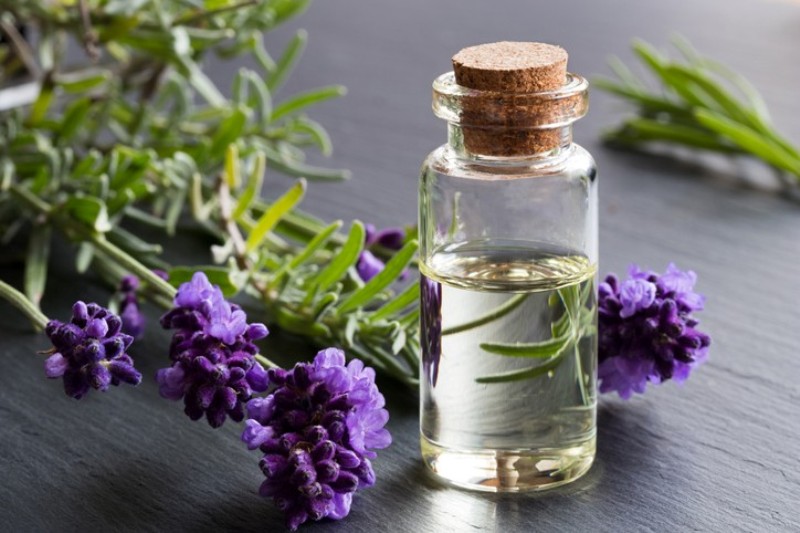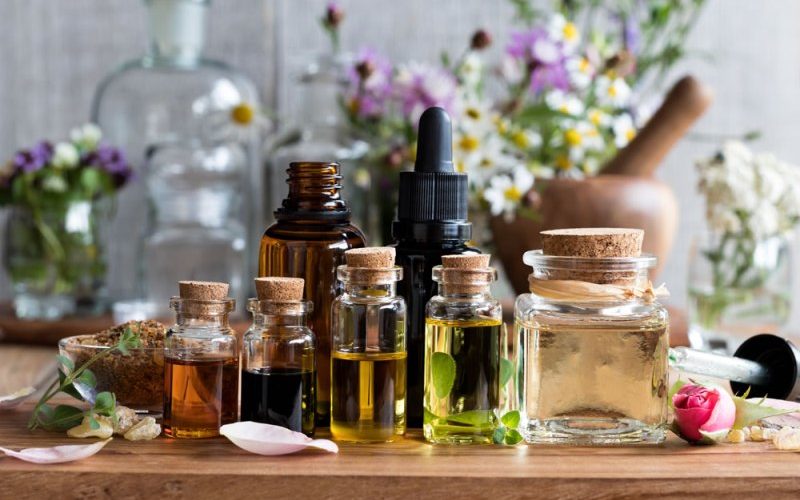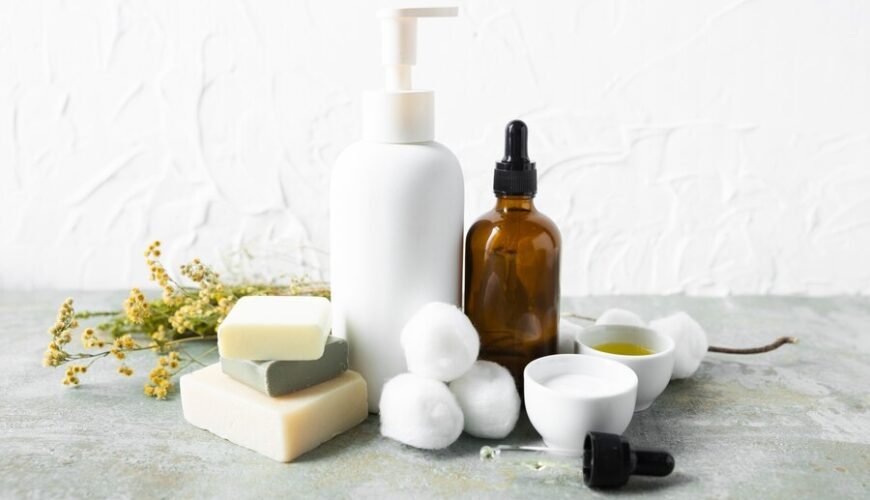If you have any interest in skin care, you’ve probably heard the age-old advice that warns against letting oil clog your pores. For many people, however, adding specific oils to the face can actually improve skin. As you learn more about skincare, you’ll find that advice you may have heard growing up doesn’t always apply. It all depends on your skin type and the products you’re looking at.
How Do Essential Oils Improve Skin?
Essential oils are oils that include compounds from plants, infusing them with the special properties of whatever plants they include. Since many plants have healing properties that are beneficial to the skin, essential oils are a convenient way of delivering those benefits. Adding oils to your face is a great way to fight acne naturally. Some oils, like mineral oil and other heavier oils, can clog pores, but essential oils and lighter plant oils have anti-inflammatory properties that make skin clearer. These oils don’t sit on skin as heavily as others do, so they are actually beneficial to the skin in many cases. Combined with a good skin care routine that includes the best organic face wash, they can be valuable tools.
Instead of using chemical spot treatments, oils can be used to target breakouts and calm your skin down when it’s inflamed. This natural alternative can be just as effective, without using harsh chemicals. The benefits of natural skin care include a reduced burden on the environment and protection for sensitive skin. It can also help you avoid allergic reactions, if you have issues with common ingredients in chemical treatments for acne.
What Kind of Oil Should You Add to Your Routine?

The best acne oil treatment will depend on the type of acne you’re facing. Some of the most widely-used essentials oils for acne include:
- Tea Tree
- Lemongrass
- Lavender
Tea tree works wonders for reducing acne. It’s used for all kinds of beauty purposes, because it has antibiotic, antimicrobial abilities. It reduces the size of pimples by drying them out, and this handy feature makes it one of the most popular essential oils used for skin care. Lemongrass is another antimicrobial, and it is also a pain reliever, so it can be used for the same purposes as tea tree oil. Lavender works best when added to healing pimples, to help your skin recover smoothly. Rosehip, jojoba, primrose and grapeseed are all oils used as carrier oils, to which essences from plants can be added to create essential oils.
Self-Care With Oils

Adding oils to your face can be a luxurious, soothing ritual. The fresh, herbal scent provides aromatherapy at the same time as you are healing your face and reducing breakouts. Adding essential oils to your toolkit of products can help keep your skin clear and lets you steer clear of chemical products.
When using powerful antibacterials like tea tree oil, make sure not to apply to broken skin. Plants can be harsh on skin just like chemicals can, if not used with caution. Carrier oils help dilute plant essences, so you can the hydrating properties of oil along with the medicinal effects of the plant.
Give natural skincare a try with high quality oils for your skin. Remember that natural products made from medicinal plants can be just as effective as chemical treatments.




